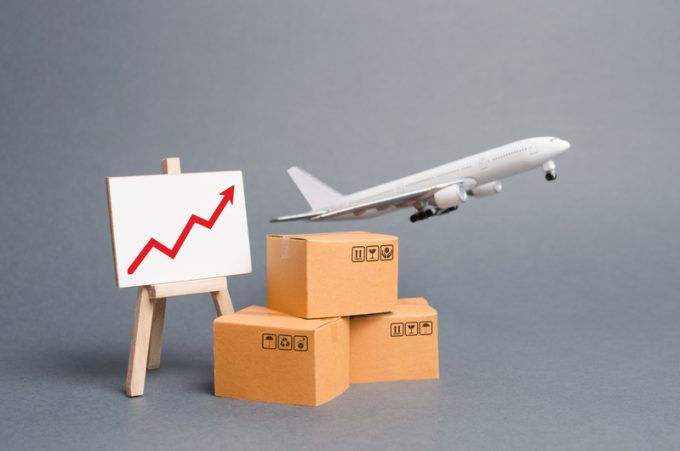Ecommerce platforms cancel flights and slash capacity – market is 'a mess'
As anticipated, ecommerce platforms have begun cancelling flights and cutting back on capacity, while Chinese ...

The soft airfreight market has seen small and medium-sized forwarders gaining market share, but they will need to improve in some areas to retain that share.
Fiata chairman Turgut Erkeskin told delegates at the ACE air freight forwarding event in Abu Dhabi today that the market offered prime opportunities for smaller forwarders that can specialise in niche areas – “Standardisation is a killer for forwarding,” he said.
WorldACD data for September showed smaller forwarders had a 15.6% share of the market, ...
Volcanic disruption at Anchorage could hit transpacific airfreight operations
Macron calls for ‘suspension’ – CMA CGM's $20bn US investment in doubt
Forwarders stay cool as US 'liberation day' tariffs threaten 'global trade war'
Shippers snap up airfreight capacity to US ahead of tariff deadline
De minimis exemption on shipments from China to the US will end in May
Tighter EU import requirements proving 'a challenge' for forwarders
Looming Trump tariffs will create 'a bureaucratic monster' for Customs

Comment on this article